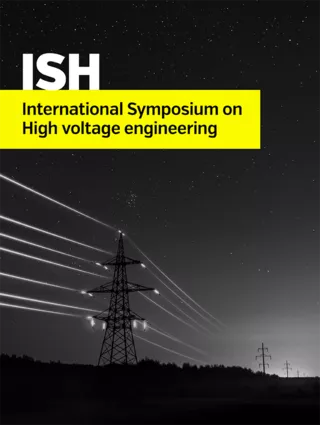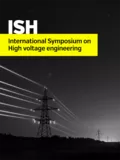Summary
A spacecraft operates in a radiation environment including space plasma, energetic electrons and protons, X-rays, gamma rays, and so on. The insulating materials used in the spacecraft will interact with the harsh space environment, which may cause severe damage to the spacecraft. Surface or internal charging and discharging of the insulating materials is one of the most severe types of spacecraft damage, which is affected by the charge transport properties. This paper revealed the electric field and temperature dependent charge transport properties of Polyimide (PI) by surface potential decay experiments at different sample temperatures. The sample temperature was controlled by a heating platform. The samples were irradiated by an electron beam with the same flux in 1 min. After the irradiation, the surface potentials of the samples were measured by a non-contacted potential probe. We analysed the surface potential as a function of time by a surface potential decay model. From the analyses of surface potential decay experimental results of PI samples at various charging conditions, we obtained the surface trap energy. Considering the characterized parameters, we can evaluate the electric field and temperature dependent charge transport properties of PI. We found that after irradiation, there were deep and shallow surface traps at different temperature. The surface shallow and deep trap energy levels increased gradually with the increase of temperature. The surface trap density increases firstly and then decreases with the increase of temperature.
Additional informations
| Publication type | ISH Collection |
|---|---|
| Reference | ISH2017_211 |
| Publication year | |
| Publisher | ISH |
| File size | 655 KB |
| Pages number | 5 |
| Price for non member | Free |
| Price for member | Free |


